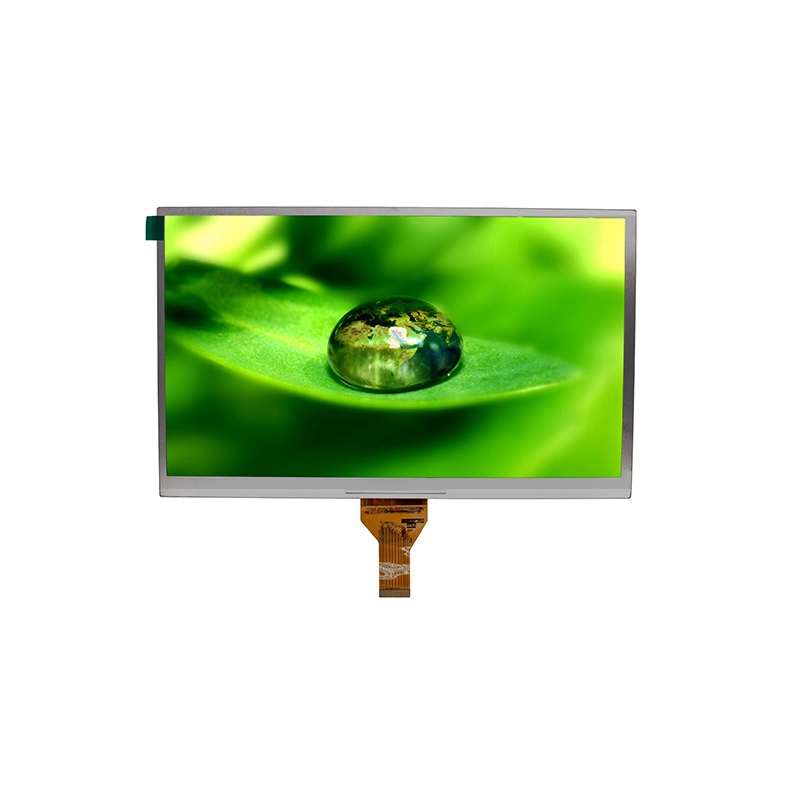
Choosing the right custom segment display can significantly impact your project's success. This guide explores key factors to consider when selecting a best custom segment display, covering different technologies, design considerations, and integration processes. We'll delve into the specifications you need to understand to make an informed decision, ensuring your display meets your exact requirements for clarity, durability, and aesthetic appeal.
The first step in selecting a best custom segment display involves choosing the appropriate display technology. Light-Emitting Diodes (LEDs) offer high brightness, wide viewing angles, and long lifespan, making them ideal for outdoor applications or high-visibility situations. Liquid Crystal Displays (LCDs) are known for their low power consumption and are often preferred for indoor uses where energy efficiency is a priority. Other technologies, such as vacuum fluorescent displays (VFDs), might be suitable for specific niche applications.
The size of your custom segment display should be determined by the viewing distance and the amount of information you need to display. Larger displays offer better readability from farther away, while smaller displays can be more aesthetically pleasing in compact spaces. Resolution affects the level of detail you can achieve, influencing the clarity of characters and symbols. Carefully consider the ideal balance between these factors to ensure optimal readability and visual appeal.
The brightness and contrast of your display are crucial for ensuring visibility in different lighting conditions. For outdoor applications, high brightness is essential to overcome ambient light. Indoor displays may require less brightness, prioritizing energy efficiency and preventing eye strain. The contrast ratio determines the clarity of the displayed information against the background, significantly affecting readability.
Consider the operating environment of your display. If it will be exposed to harsh conditions, such as extreme temperatures, moisture, or vibration, you need a robust and durable housing. Options include sealed enclosures, protective coatings, and impact-resistant materials to ensure longevity and reliability.
Selecting a reliable manufacturer is critical for the success of your project. Look for companies with a proven track record of producing high-quality custom segment displays. Consider factors such as:
To illustrate the diverse applications of custom segment displays, let's explore a few real-world examples. [Example 1: Mention a specific application, perhaps a company using a custom display in a particular product, linking to a relevant case study if available. Include details like the display type, size, and why it was chosen]. [Example 2: Another application, focusing on different aspects such as material or unique design requirements].
Once you've selected your best custom segment display, successful integration is paramount. This includes appropriate driver circuits, power supplies, and communication protocols. Carefully review the manufacturer's specifications and documentation to ensure compatibility and optimal performance.
| Technology | Brightness | Power Consumption | Lifespan | Viewing Angle |
|---|---|---|---|---|
| LED | High | Moderate | Long | Wide |
| LCD | Moderate | Low | Moderate | Moderate |
| VFD | Moderate | Moderate | Long | Narrow |
For further information on high-quality custom segment displays, consider exploring the options available at Dalian Eastern Display Co., Ltd. They offer a range of solutions to meet diverse needs.
1 Data based on industry standards and manufacturer specifications. Specific performance may vary.












